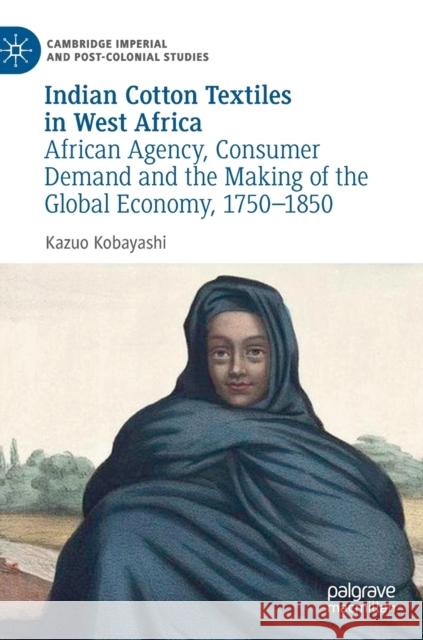Indian Cotton Textiles in West Africa: African Agency, Consumer Demand and the Making of the Global Economy, 1750-1850 » książka
topmenu
Indian Cotton Textiles in West Africa: African Agency, Consumer Demand and the Making of the Global Economy, 1750-1850
ISBN-13: 9783030186746 / Angielski / Twarda / 2019 / 258 str.
Indian Cotton Textiles in West Africa: African Agency, Consumer Demand and the Making of the Global Economy, 1750-1850
ISBN-13: 9783030186746 / Angielski / Twarda / 2019 / 258 str.
cena 341,34
(netto: 325,09 VAT: 5%)
Najniższa cena z 30 dni: 327,68
(netto: 325,09 VAT: 5%)
Najniższa cena z 30 dni: 327,68
Termin realizacji zamówienia:
ok. 22 dni roboczych
Bez gwarancji dostawy przed świętami
ok. 22 dni roboczych
Bez gwarancji dostawy przed świętami
Darmowa dostawa!
Kategorie BISAC:
Wydawca:
Palgrave MacMillan
Seria wydawnicza:
Język:
Angielski
ISBN-13:
9783030186746
Rok wydania:
2019
Wydanie:
2019
Ilość stron:
258
Waga:
0.48 kg
Wymiary:
21.01 x 14.81 x 1.75
Oprawa:
Twarda
Wolumenów:
01
Dodatkowe informacje:
Wydanie ilustrowane











